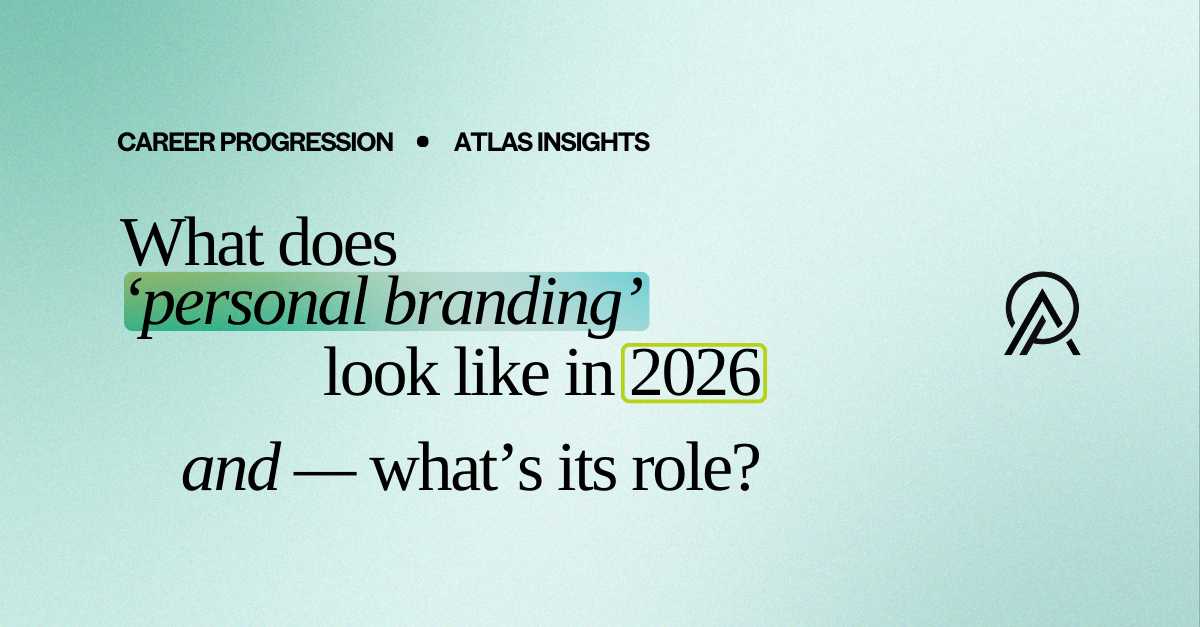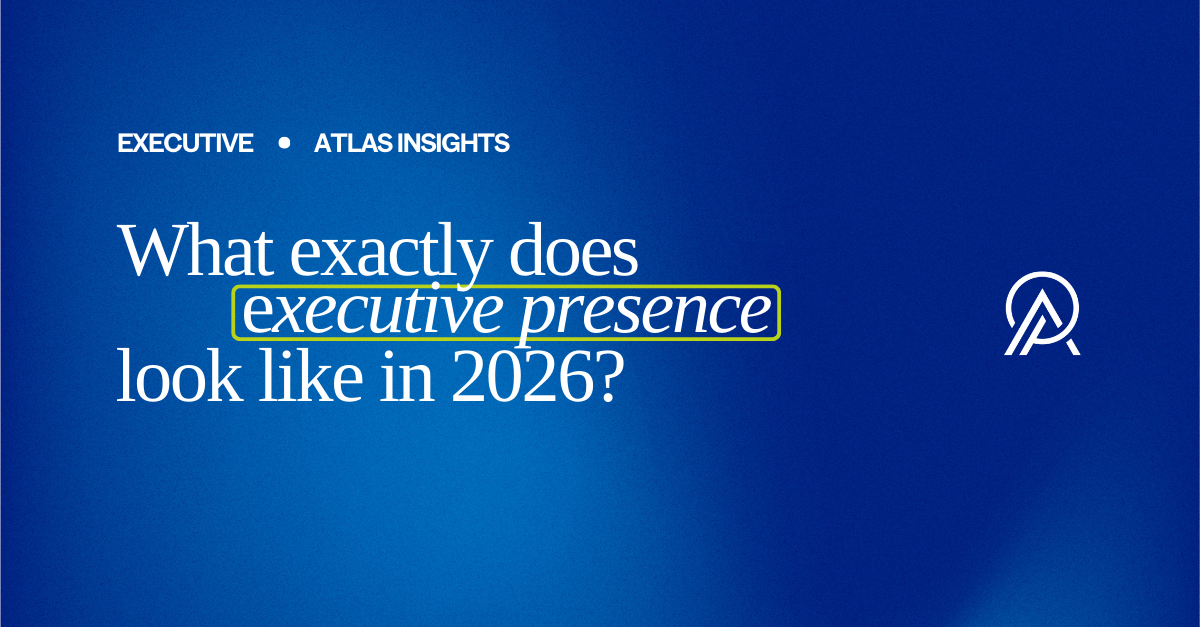Once you find out CFO of Zero Latency, Glenn Johnson’s career began at GM Holden — you know you’re going to be in for a wild ride. Glenn’s resume boasts a timeline of mega companies including Tabcorp, Service Steam, Sensis — and now, Zero Latency, one of the worlds finest virtual reality experiences, renowned for its multiplayer, free-roam VR experience in a warehouse-scale arena. See, wild ride.
Glenn sat down with Liam Killen, Director of Atlas Partners to chat about the journey, new adventures, and finding time for passions.
I’m joined today by the CFO of Zero Latency, Glenn Johnson. Glenn, thanks so much for joining us. Glenn, could you please talk us through your career to date, starting with your early days at GM Holden?
Sure. After graduating from Melbourne University with a Bachelor of Commerce, I got my first role at a well-known Australian company called Southcorp. That’s going back a bit now, but Southcorp eventually merged into Pacific Dunlop, one of the large diversified Australian conglomerates that eventually broke up over time. After four or five years there, I landed at Holden, as you mentioned, where I was fortunate enough to land a treasury role. This gave me solid experience in managing foreign currency inflows and outflows, setting up hedges, and similar treasury tasks.
It was a good introduction to foreign exchange management, and it’s interesting how I now lean on those skills in my current role at Zero Latency. I started in treasury at Holden, then moved to a management reporting role where I oversaw consolidated numbers for Holden’s executive team and board. It was a fantastic time to be there—Holden was the number one car brand in Australia.
After three or four years and a few different roles at Holden, I thought it might be a good idea to get into an Australian ASX-listed business, which led me to Tabcorp. Like Holden, Tabcorp was doing well at the time. They had recently acquired four casinos and had a strong gaming machine division, along with the wagering business that they still hold today. So, I went from a major U.S. brand to a diversified ASX-listed company, which was a fantastic experience.
I started in a group reporting role, similar to what I did at Holden, overseeing group reporting for the executive team, board, and analyst community during our bi-annual results. I rounded out my time at Tabcorp by heading up to Queensland, where I worked in Brisbane for nearly two years as the financial controller for the casino division. This was a valuable experience, allowing me to get out of a corporate role and into more direct business partnering with operational teams and division leaders. It was an excellent foundation for my early career before moving on to Service Stream.
So, Service Stream—a business you spent a decade with across two stints. Could you tell us about your journey with them and what brought you back after a stint with Sensis?
Yeah, it’s interesting, Liam. I spent a cumulative 10 years at Service Stream across two five-year stints. By the end of my time at Tabcorp, I had a lot of solid experience in management reporting and business partnering, but I felt there was something missing on my CV. I wanted to work more on the external reporting side, get closer to the audit team, and work with the audit and risk committee of an Australian-listed business. That was what drew me to Service Stream.
I saw it as a chance to fill a gap in my skillset and gain experience that would benefit me as an aspiring CFO. So, I joined Service Stream in the role of Group Financial Controller, which later evolved into the GM of Finance position. It was a great opportunity to continue with my passion for management reporting and business engagement, while also gaining solid experience in managing external audits and overseeing that entire process—from working with the Audit and Risk Committee chair to handling audits, preparing accounts, and overseeing market releases.
I also had the chance to lead our large, shared services team, overseeing accounts payable, accounts receivable, and payroll. It was a really solid ASX-listed finance role, even though Service Stream wasn’t as big as Tabcorp.
So, why the two stints at Service Stream? What made you leave and then come back?
After four or five years at Service Stream, I was ambitious to try something new. I had invested a lot of energy and passion into the company, but the CFO role there wasn’t likely to open up anytime soon. So, I took a look at Sensis, which was in a similar industry—telecom and infrastructure—but more on the retail side of telecom. Sensis had just been spun out of Telstra and acquired by a major U.S. private equity group, Platinum Equity.
I joined Sensis in a similar role as Group Finance Manager, overseeing group reporting and external audits. However, in hindsight, it wasn’t the right move. While Sensis had big aspirations for its transition from a paper-based business to digital, it was tough to compete with major search engines like Google, which had already captured a significant share of the digital market.
I stayed in touch with some network contacts at Service Stream, including a few of their executives, and about a year later, I ended up going back to Service Stream. I initially took up a Business Unit CFO role, heading up the network construction business, which was responsible for building the NBN network as one of NBN Co’s supplier partners. It was similar to my experience in the casinos division at Tabcorp, but in a much more senior setting as the Business Unit CFO.
But then, the CEO at the time thought I didn’t have enough on my plate, and Service Stream was planning a large-scale ERP transformation. That project ended up on my desk, so I found myself wearing two hats: I was both the Business Unit CFO for network construction and overseeing the ERP transformation for the entire group. It was a tremendously exciting project, and a new skill set for me, as I led the transition to a new group-wide ERP platform shared across all business units.
For the last two and a half years at Service Stream, I focused solely on that ERP transformation project, stepping away from the day-to-day accounting. It was a fantastic opportunity to expand my skills in a completely new area.
Speaking of expanding your skill set, your first CFO role was with an organisation called Bread Solutions. Let’s talk about your time there, especially your experience during COVID and your move into the commercial side of the business.
Yes, Bread Solutions was challenging and exciting. I was always working towards a CFO role, and this opportunity came up with an FMCG manufacturer. My first day was almost the first day of lockdown in Australia, or at least in Melbourne. I remember talking to the CEO—bakery products were disappearing from supermarket shelves, and supply was becoming a major challenge. The supermarkets were keen to keep their shelves stocked, but it wasn’t easy with the challenges of COVID.
The pandemic presented significant operational challenges, particularly with COVID protocols around isolation. We had people working in shifts, so if someone tested positive, we often lost an entire shift of 12 or 13 people. Balancing supply for our customers while managing COVID compliance became a constant challenge for our executive team.
In addition to my CFO responsibilities, I also led a negotiation for a new 20,000 square-meter manufacturing facility and restructured the company’s debt. These were great finance challenges, but what was completely new for me was overseeing the commercial side of the business. I managed relationships with major organisations like Coles and Woolworths, which brought its own set of demands. My phone was constantly ringing, especially as supermarkets were focused on maintaining supply continuity. We had to ensure we could meet demand while adhering to COVID protocols, which was challenging but also incredibly rewarding.
Sounds like you enjoy a challenge! Now let’s talk about your current role with Zero Latency, one of the coolest businesses in Australia. Can you tell us about your role there as CFO?
After two years at Bread Solutions, I was ready for a new challenge. Zero Latency is definitely a cool business—it’s in the location-based entertainment sector, which is exciting and very dynamic. We focus on attracting licensees to open new venues and appealing to customers who have a lot of entertainment options. There’s constant competition, with new attractions like mini-golf, bowling, and even axe throwing popping up all the time.
Zero Latency started in 2016 with one venue in North Melbourne and has since expanded to over 100 venues worldwide, mostly in North America and Europe. The business was recently acquired by private equity, and Advent Partners bought 51% of the shares. They were looking to build out the executive team, and I came on board as CFO.
Our focus is on rapid growth, but not at any cost—it must be sustainable. We’re targeting around 250 to 300 venues over the next few years. A big part of our strategy is ensuring that our current venues are successful, which will help build brand loyalty among our licensees and customers. Game development is also crucial; we need to regularly release new games to keep customers coming back. Working with a talented team that creates new gaming content is incredibly exciting.
You’ve had some experience with private equity. What do you enjoy about that environment, and what are the challenges?
In a private equity (PE) setting, the core disciplines for a finance executive are similar to those in a traditional or ASX-listed business. However, in PE, there’s a clear focus on growth and an eventual exit event. Decision-making is more dynamic, and ideas can move quickly from concept to execution. It’s a fast-paced environment, which is refreshing if you enjoy rapid decision-making. It’s also a great opportunity to play a major role at both the operational and board levels.
Outside of work, you have a passion for sports, including personal training and umpiring. Tell us more about that.
I’ve always been passionate about sports and fitness. A few years ago, I got a personal training qualification, with the idea of maybe starting an outdoor training business. Life got in the way, so I haven’t started it yet, but it’s still something I’m passionate about. I find exercise is a great way to get mental balance, either before or after a workday.
I also recently started umpiring football games in the Southern Netball and Football League. I used to coach my son’s team from under-8s through to under-14s, but in 2024, I handed over to more knowledgeable coaches. So, I found myself with a bit of free time and decided to give umpiring a go. I’ve done about 15 or 16 games so far, and I’m looking forward to doing more next year.
What would you consider a “sliding doors” moment in your career?
Looking back, moving to Sensis might have been a “sliding doors” moment. I was probably overly ambitious in wanting a CFO role and didn’t fully think through the decision. It turned out not to be the best move, and in hindsight, staying at Service Stream might have been more stable. You live and learn, though, and each experience adds to your perspective.
Finally, what’s the best advice you’ve ever received?
Not so much advice, but I learned a lot from the grounding I got at Tabcorp. Working with some great finance leaders there taught me the importance of quality and attention to detail. When you’re working on reports for a major ASX-listed CFO, which are eventually released to the public, the quality of your work becomes paramount. It’s something I’ve carried with me throughout my career. Taking the extra time to ensure accuracy and present information well builds trust and confidence with the reader, even if it’s delivering bad news. That focus on quality has been a guiding principle for me.
Glenn Johnson, thanks so much for joining us.
Thanks, Liam.





